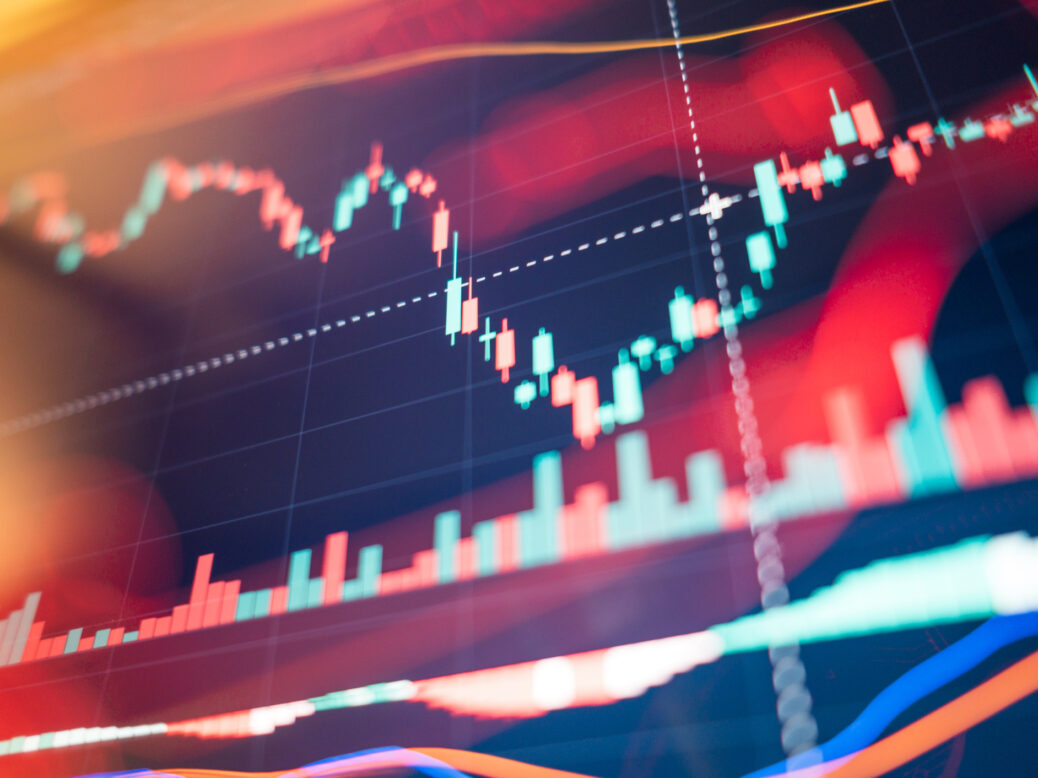
Economic news today appears as the harbinger of more gloom. Diesel supply is short, with the consequent price increase erasing the benefits of the fuel cut that Rishi Sunak announced in his Spring Statement in March. Globally, wheat prices rose to a record high after India declared a ban on exports on 14 May. This year’s crop in China is threatened by heavy rains earlier in the season, and in France – the EU’s largest wheat producer – by unusually high temperatures.
Soaring energy and food prices mean inflation is rising across the world. UK inflation hit 9 per cent in April, the highest rate for 40 years. In Germany, producer price inflation rose by a third in April, the greatest increase since records began in 1949. Outside Europe, the inflation problem is even worse: overall prices in Turkey have increased by 70 per cent year-on-year.
Growth prospects are simultaneously diminishing. UK consumer confidence is at its lowest level since it was first measured in 1974. In China, retail sales dropped by 11 per cent year-on-year in April and industrial output shrank for the first time since the beginning of the pandemic.
The likely result in Western economies is stagflation: rising inflation and falling growth. Stagflationary conditions that are driven by rising energy prices reduce the effectiveness of monetary policy – the only choice central bankers now have is deciding what sort of harm they should impose on the economy. They are currently choosing to raise interest rates: the US Federal Reserve lifted its principal rate by 0.5 per cent on 4 May – its largest single increase in more than 20 years –and the Bank of England pushed its rate up the following day. But if inflation does come down, it will only be because central bankers have engineered a recession.
For the Global South, the dangers are graver. A rising dollar is putting pressure on local currencies. Sri Lanka passed the 30-day grace period on 19 May on a missed sovereign interest payment, becoming the first Asian state to default since Pakistan in 1999. Three days earlier, the new prime minister, Ranil Wickremesinghe, told his compatriots that the next months “will be the most difficult of our lives”. The country, he said, had one day’s supply of petrol left and lacked dollars to buy more.
Across the world, the disruption originates from a series of structurally driven shocks. Oil supply chains have not recovered from the pandemic. The refining industry was hit particularly hard by the fall in demand for transport fuel in 2020. Globally, about three million barrels a day of capacity have been lost, a third of which is in the US. Since diesel is central to agriculture and industry, the lack of it constitutes a systemic shock, affecting food prices and causing supply blockages.
Meanwhile, China’s capacity to act as the engine of growth for the world economy is diminished. In 2019, the International Monetary Fund said that China’s falling growth rate was the reason why the world was experiencing a synchronised slowdown. Last autumn, China’s economic recovery meant energy demand outstripped supply, leading to serious rationing of electricity to industry. Now, after the lockdowns in Shanghai and Guangzhou, China’s economic growth for this year could be lower than the US’s for the first time since 1976 – the final year of Mao’s rule. While the dual circulation strategy, first articulated in 2020, aims to make the rest of the world dependent on supply chains running through China, the Chinese leadership’s willingness to shut down the country’s most significant ports and ration energy only encourages economic decoupling. Where the food crisis is concerned, China’s priority is domestic resilience: the US Department of Agriculture says China has 69 per cent of the world’s grain reserves, compared with just under 40 per cent a decade ago.
Russia’s war against Ukraine has dramatically intensified these underlying stresses. Since Russia exports a high volume of final petroleum products, including diesel, the war has increased the need for refining capacity elsewhere at a time when such adaptability does not exist. The war has also weakened the supply chains that connect the Mediterranean basin to some of the world’s most fertile soil. Russia’s food exports have decreased and its naval blockade of the north Black Sea coast means Ukraine cannot use its ports to move the grains and sunflower oil its sells abroad. Having been a contributor to the United Nations’ World Food Programme that provides aid to poor countries, Ukraine is now a recipient of it.
The US and its European allies have been unable to inflict a sufficient economic shock on Russia to make Vladimir Putin recalculate. The only way to reconnect Ukraine to its ports is for Nato to risk escalating the war by entering the Black Sea. Any such possibility depends on persuading Turkey, which hasn’t imposed sanctions on Moscow and controls access to the Black Sea, to consent to such a move.
Energy sanctions against Russia have been so limited because China’s rise has permanently changed energy markets. Quite simply, it is difficult to meet present world demand for oil and gas without Russian supplies, even when China’s consumption is constrained by “zero Covid”. World economic growth depends on Chinese growth but, when it comes to the supply of oil and gas, neither the world economy nor China appears likely to cope when China’s economy does accelerate again.
This article appears in the 25 May 2022 issue of the New Statesman, Out of Control





